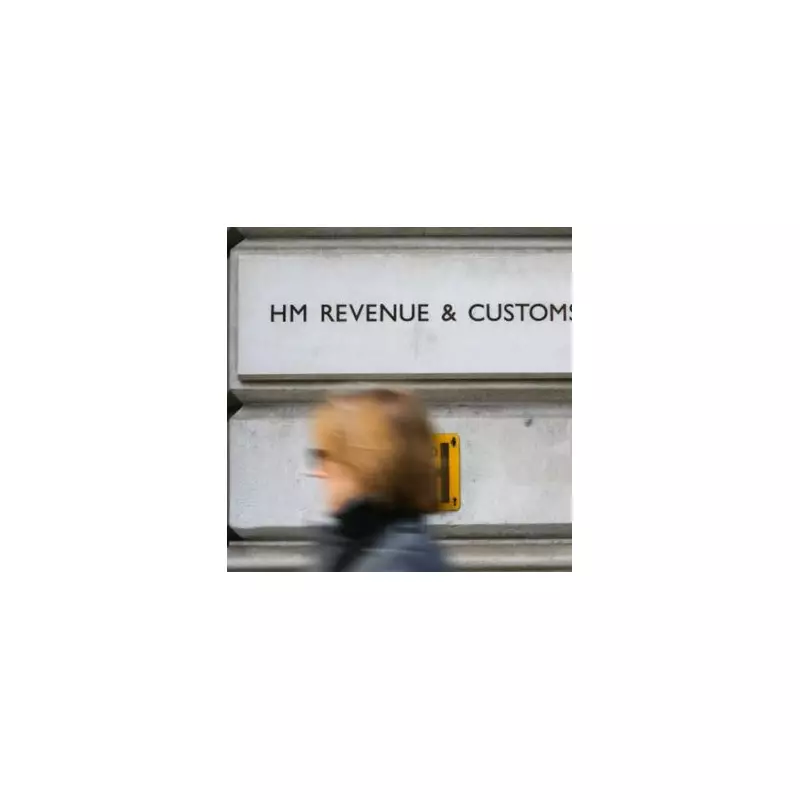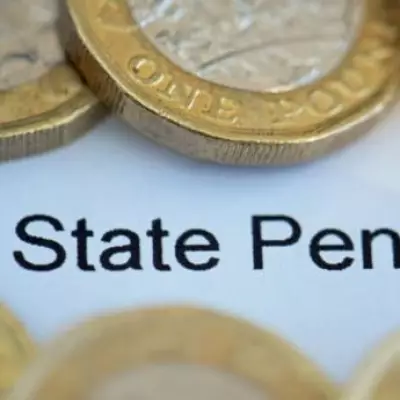
Millions of Britons approaching retirement face an anxious wait as the government considers significant changes to pension taxation ahead of the Autumn Budget.
Budget Announcement Imminent
Chancellor Rachel Reeves will deliver the Labour Party's crucial Autumn Budget on November 26, following weeks of intense speculation about potential fiscal reforms.
With the landmark statement now just two weeks away, PensionBee's Lisa Picardo has issued a stark warning about several changes being contemplated by HM Revenue and Customs (HMRC) that could dramatically affect retirement savings.
Key Changes Under Consideration
The proposed measures include potentially reducing the pension tax-free lump sum, currently capped at £268,275, and removing higher rate relief on pension contributions.
Ms Picardo highlighted the critical importance of these benefits, stating: "The pension tax-free lump sum is a cornerstone of retirement planning, which many have factored into their planning. Limiting the total tax-free cash would be hugely unpopular, especially for those near retirement."
She emphasised that "tax relief on pensions is a critical element of encouraging people to save for the future, providing a much needed boost" to retirement planning.
Broader Implications and Industry Reaction
Additional options reportedly under review include capping or scrapping salary sacrifice arrangements and implementing further reforms to inheritance tax (IHT).
A crackdown on salary sacrifice pension schemes could directly impact the take-home pay of millions of workers, according to The Society of Pension Professionals (SPP).
Scott Gallacher, Director at Leicester-based Rowley Turton, expressed strong concerns: "A crackdown on salary sacrifice pension schemes would be deeply disappointing and, frankly, counterproductive. Time and again, governments talk about concerns over retirement poverty and Britain's need to save more for the future. Yet, short-term Treasury thinking so often overrides this laudable aim."
He further criticised the "steady erosion of incentives through restrictions on pension contributions, limits on tax-free cash" and warned that targeting salary sacrifice—"a simple, efficient way for ordinary working people to save for retirement"—contradicts government claims about addressing the looming pensions crisis.
The financial industry and public continue to oppose what some are calling a "pension death tax," representing a major departure from current retirement savings rules that could significantly impact financial planning for those closest to retirement age.





